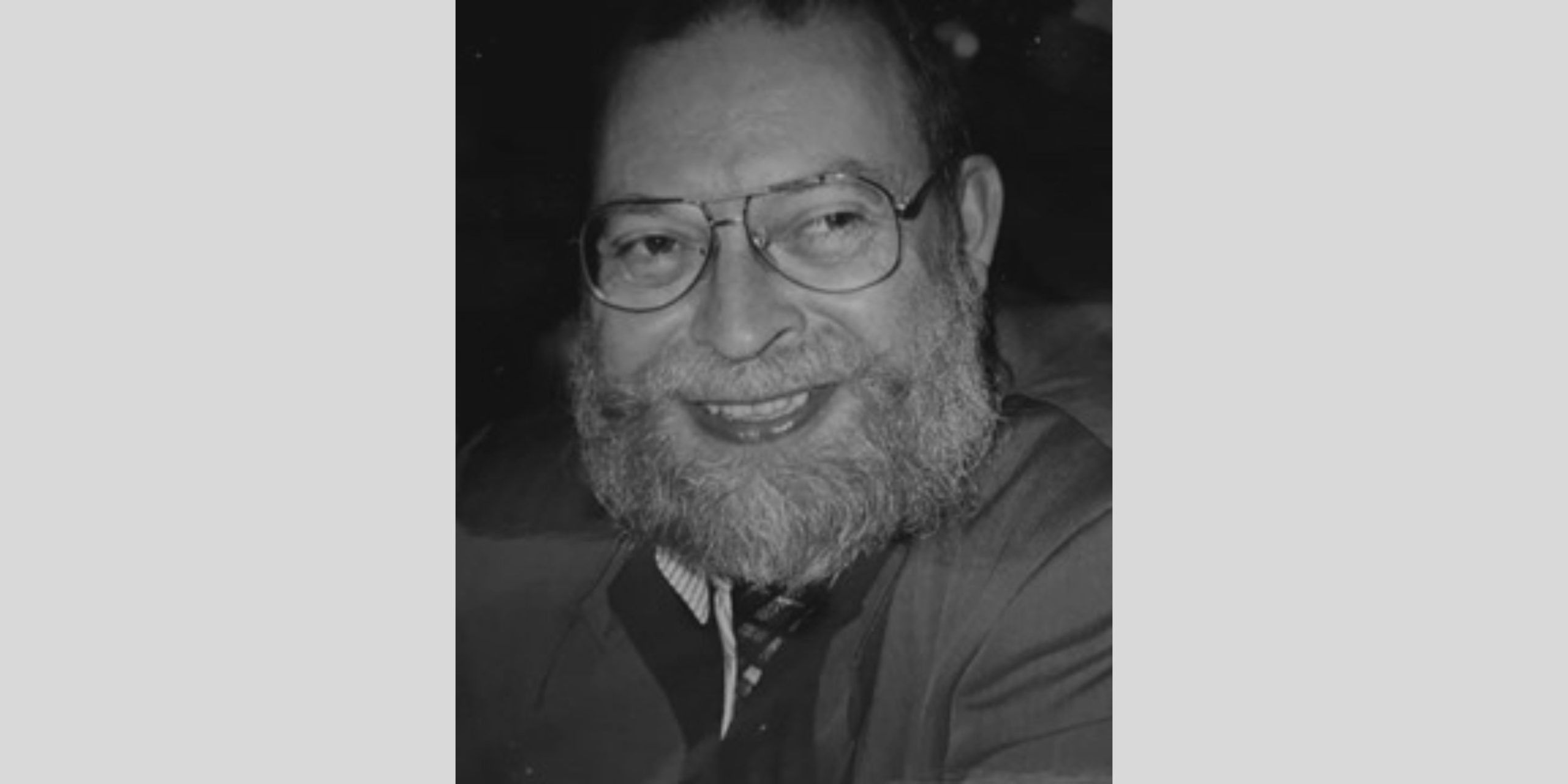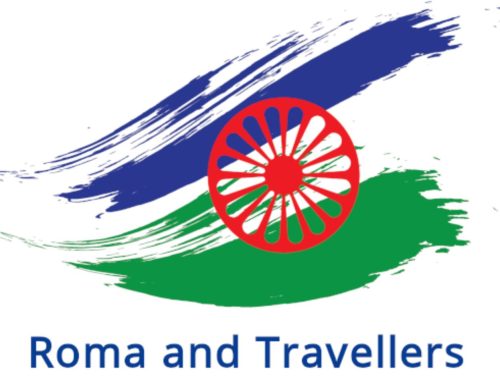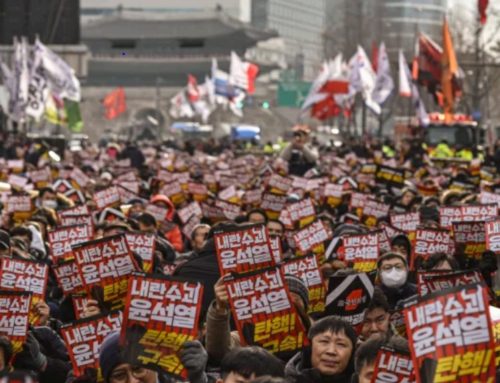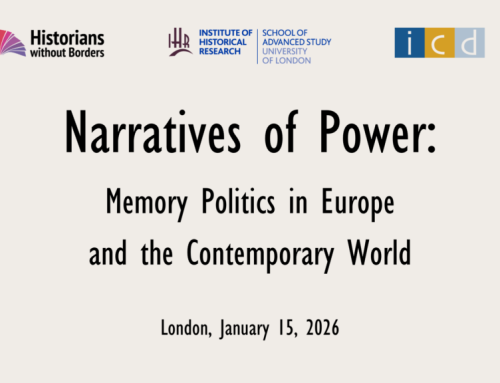In memoriam of Harald Frode Skram. Odda 20.03.1945 – Oslo 19.03.2023
Harald Frode Skram was a EuroClio icon from the very beginning. In fact, he was the person who first connected the different national history educators’ associations together during the famous Council of Europe Conference History Teaching in the New Europe, in Bruges in December 1991. Every evening he took the group of national Association representatives for a walk through a cold and beautifully decorated Bruges. In the end we always went to a pub, where an ever-strengthening bonding among us took place.
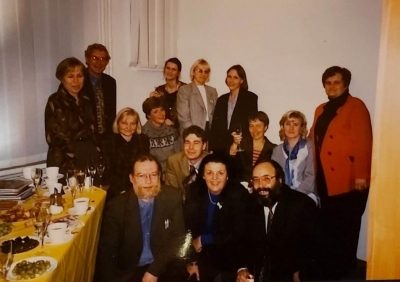 Harald Frode Skram was educated at the University of Oslo, specializing in History. He taught History in lower and upper secondary schools for several years. He lectured at the History Department, University of Oslo and at the District College of Rogaland. From 1978 until his retirement, he was associate professor in History Education, Department of Teacher Education and School Development at the University of Oslo. His special interests were problem-based history teaching. He has developed methods for the use of simulations and also for the use of museums in history teaching. Karsten Korbøl, successor of Harald Frode Skram at the University of Oslo, remembers that “for many of his students, me included, his ideas about how history teaching should be taught, were eye-opening, especially his focus on problem-based history. But some also considered his ideas controversial”.
Harald Frode Skram was educated at the University of Oslo, specializing in History. He taught History in lower and upper secondary schools for several years. He lectured at the History Department, University of Oslo and at the District College of Rogaland. From 1978 until his retirement, he was associate professor in History Education, Department of Teacher Education and School Development at the University of Oslo. His special interests were problem-based history teaching. He has developed methods for the use of simulations and also for the use of museums in history teaching. Karsten Korbøl, successor of Harald Frode Skram at the University of Oslo, remembers that “for many of his students, me included, his ideas about how history teaching should be taught, were eye-opening, especially his focus on problem-based history. But some also considered his ideas controversial”.
He was present during the EuroClio founding Conference in Strasbourg, 9-10 November 1992, as a representative of Den norske historiske forening (HIFO), the Norwegian Historical Association, and this Association was consequently one of the Founding members of EuroClio. Afterwards he continued for many years to participate in the EuroClio Annual Conferences
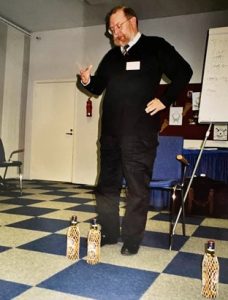 As of 1997, EuroClio was able to generate substantial support from the MATRA fund from the Dutch Foreign Office, which aimed to support societal transformations. These grants were among others allocated to the projects New Ways to the Past in Estonia and Latvia and Uroki Klio in Russia, as well as the follow-up projects: Mosaic of Cultures in Russia and Integration in Society in Estonia and Latvia. Harald Frode Skram belonged at that time to a reputable international expert team, together with Sirkka Ahonen, Sue Bennett, Huibert Crijns, Ronald Donk, Christa Donnermair, Ian McKellar and myself. Mare Oja, coordinator of the Estonian projects describes in her article the first Estonian project in the EuroClio Bulletin 26, Making A Difference Fifteen Years of EuroClio how Harald Skram worked: “Norway’s largest trade union“ work groups directed by Harald Frode Skram were very comprehensive. We learnt how to bring complicated history events closer to the pupils, how to go inside a time period, how a game may be used to serve a serious cause, and all through simple means.” Tamara Eidelman, as Russian projects coordinator, recalls “his energy and kindness, and of course his wonderful contributions to our projects. His ideas on the use of newspapers in class were really great.”
As of 1997, EuroClio was able to generate substantial support from the MATRA fund from the Dutch Foreign Office, which aimed to support societal transformations. These grants were among others allocated to the projects New Ways to the Past in Estonia and Latvia and Uroki Klio in Russia, as well as the follow-up projects: Mosaic of Cultures in Russia and Integration in Society in Estonia and Latvia. Harald Frode Skram belonged at that time to a reputable international expert team, together with Sirkka Ahonen, Sue Bennett, Huibert Crijns, Ronald Donk, Christa Donnermair, Ian McKellar and myself. Mare Oja, coordinator of the Estonian projects describes in her article the first Estonian project in the EuroClio Bulletin 26, Making A Difference Fifteen Years of EuroClio how Harald Skram worked: “Norway’s largest trade union“ work groups directed by Harald Frode Skram were very comprehensive. We learnt how to bring complicated history events closer to the pupils, how to go inside a time period, how a game may be used to serve a serious cause, and all through simple means.” Tamara Eidelman, as Russian projects coordinator, recalls “his energy and kindness, and of course his wonderful contributions to our projects. His ideas on the use of newspapers in class were really great.”
Dzintra Liepina, Former EuroClio Board Member and Latvian projects coordinator, shared the sad news with her Latvian colleagues. They also remembered “Harald’s knowledge and great experience he shared with us during “The New Ways to the Past” project, his kindness and bright sense of humour. He was teaching how to make the learning process more interesting using games.” Sue Bennett, Former EuroClio President and international expert wrote “Harald really loved history and history education and his enthusiasm inspired others. He loved to make history interesting and accessible to students, hence his use of role play and re-enactment. But he also knew the facts, so he balanced knowledge and understanding”.
In the late nineties, EuroClio Secretary Hélène Bude-Janssen organised several training seminars in Ulster together with staff member Daan Lefebure-Heerens. She remembers “Harald as funny and very kind person. I remember him being so helpful when I was on my first solo EuroClio trip, with Dutch teachers. Hélène had to miss that one last minute and Harald was there to help me organize.”
In 2000, he organised a training seminar in Oslo, Norway for the EuroClio community under the title The Learning  and Teaching of History in Norway. A Scandinavian Approach? The goals of the successful event were to explore the identity of Norwegians and to study the educational system in Norway. Eero Medijainen, also Estonian project coordinator and seminar participant wrote in EuroClio Bulletin No.14 “The main reason why the seminar was so useful and successful was connected with Harald Frode Skram who managed to deal with everybody separately and hold all the things under his control, sometimes even under too hard control.” Also the Latvian participants remember Harald’s hospitality in Norway very well. “and how they all under his guidance got lost in the forest near Oslo, but still found the Viking burials.” The Latvian colleagues still keep Harald’s seminar present, a Norwegian moose, Elgar, in their homes.
and Teaching of History in Norway. A Scandinavian Approach? The goals of the successful event were to explore the identity of Norwegians and to study the educational system in Norway. Eero Medijainen, also Estonian project coordinator and seminar participant wrote in EuroClio Bulletin No.14 “The main reason why the seminar was so useful and successful was connected with Harald Frode Skram who managed to deal with everybody separately and hold all the things under his control, sometimes even under too hard control.” Also the Latvian participants remember Harald’s hospitality in Norway very well. “and how they all under his guidance got lost in the forest near Oslo, but still found the Viking burials.” The Latvian colleagues still keep Harald’s seminar present, a Norwegian moose, Elgar, in their homes.
Harald continued to work as an international expert in the follow-up projects Mosaic of Cultures in Russia and Integration in Society in Estonia and Latvia. He was known for his positive supporting attitude but also for critically scrutinizing the work of the local authors working on the educational resources, which were envisaged as outcomes for these projects. He was particularly renowned for the playful techniques in his workshops and in reflective activities.
He likewise contributed to Council of Europe and EuroClio seminars in the Caucasus and Georgia. In the last years his ailing health forced him unfortunately to discontinue his active contribution to the international discourse on the learning and teaching of history. However, he continued to contribute to the topic in Norway. His last article, which he wrote together with Karsten Korbøl was accepted by the Norwegian Pedagogical Journal only weeks before he died.
For all his excellent professionalism, Harald Frode Skram will be especially remembered within the early EuroClio community for his exceptional personality. Asking for memories about him, it struck me how strong and loving those recollections are. Sue Bennett, wrote “in some ways he was a modern-day Viking or a Norwegian Sea captain with his pipe. He was a European, but he was very proud of being Norwegian and of his Norwegian heritage.” Huibert Crijns, former EuroClio project manager, wrote “Harald was a proud Norwegian patriot. He carried a military identity card with him, with a picture of young Harald with a full red beard and a martial look. He always seemed prepared to defend Norway, especially against a presumed Swedish feeling of superiority.” And Latvian history education expert Valdis Klisans shared his memory of “how he [Vladis] wanted to surprise Harald by showing him, a man from Norway–the land of waterfalls–the second widest waterfall in Latvia and Harald’s reaction was- ‘where is the waterfall? Ah, this…. well, very pretty!’”
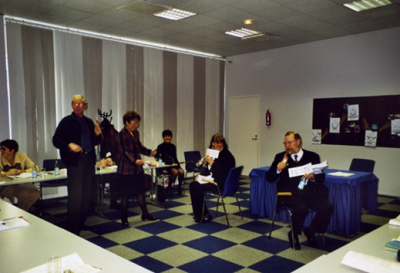 Huibert Crijns visited him in Oslo twice around the turn of the millennium, where Harald was a very hospitable city guide. He remembers that “Harald was so generous I almost felt guilty taking advantage of him. He was a great guide in the Viking Ship Museum, were he also presented his own theories on Viking burial rituals.” Sue Bennett also remembers him being a generous and hospitable city guide. “As well taking me to see the Viking ships, we went to the art gallery, where there were lots of romantic nineteenth century pictures of Vikings sailing up the fjords. He was excellent at discussing how they revealed changing interpretations of the past.” All the memories also refer to his fondness of Coca Cola and his customary present of Norwegian Lysholm Linie Aquavit, “which matures in oak casks on ships for two years and is crossing equator twice”.
Huibert Crijns visited him in Oslo twice around the turn of the millennium, where Harald was a very hospitable city guide. He remembers that “Harald was so generous I almost felt guilty taking advantage of him. He was a great guide in the Viking Ship Museum, were he also presented his own theories on Viking burial rituals.” Sue Bennett also remembers him being a generous and hospitable city guide. “As well taking me to see the Viking ships, we went to the art gallery, where there were lots of romantic nineteenth century pictures of Vikings sailing up the fjords. He was excellent at discussing how they revealed changing interpretations of the past.” All the memories also refer to his fondness of Coca Cola and his customary present of Norwegian Lysholm Linie Aquavit, “which matures in oak casks on ships for two years and is crossing equator twice”.
Harald Frode Skram was a unique and romantic person with a strong sense of longing. We have all lost a lovely friend and a brilliant colleague.
Written by Joke van der Leeuw-Roord, EuroClio Founder and Special Advisor. With special thanks to Sue Bennett, Huibert Crijns, Tamara Eidelman, Daan Lefebure-Heerens, Dzintra Liepina, Mare Oja, Alexander Shevyrev and Karsten Korbøl.
Some of Skram’s publications
Harald Frode Skram: Historiefaget i Kunnskapsløftet: Dyktiggjøre og bevisstgjøre [The history subject and the new curriculum: Skill development and conciousness], Acta didactica Norge, 2011, Vol.5 (1).
Karsten Korbøl and Harald Frode Skram: Gode lærebøker er viktig, men ikke nok [Good textbooks are important, but not enough], Nytt norsk tidsskrift, 2016, Vol.33 (4), p.362-
Kirsti Engelien and Harald Frode Skram: Å tenke historie og å skape historie [To think historically and to create history], 2009, Lektor – adjunkt – lærer : artikler for studiet i praktisk-pedagogisk utdanning
Still to be published
Karsten Korbøl and Harald Frode Skram: Varianter av historie – deres bruk og nytte – forholdet til skolefaget historie [Varieties of history – their use and utility – the relationship to the school subject of history], Norsk pedagogisk tidsskrift, 2023, n3.

